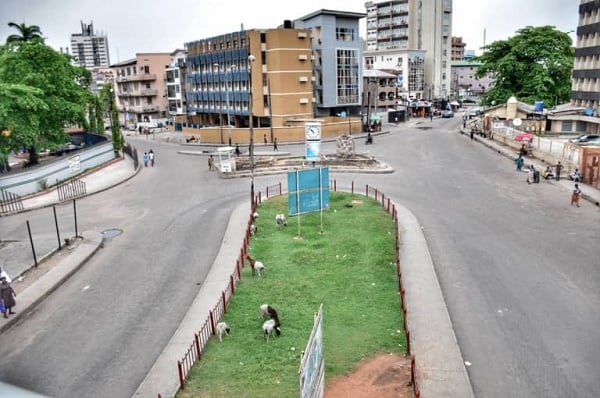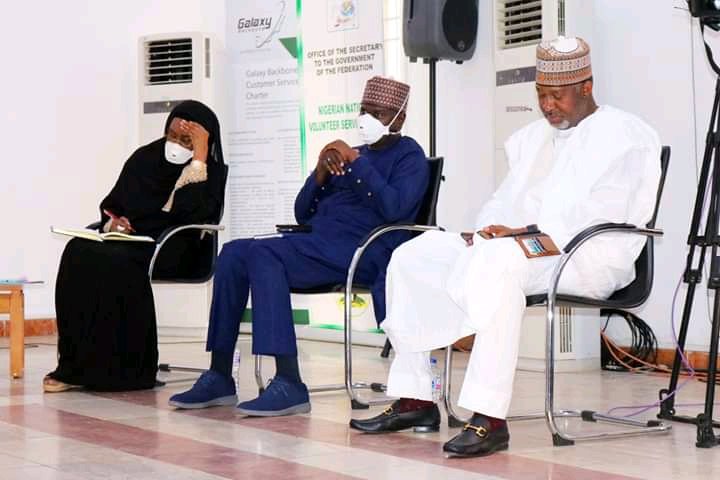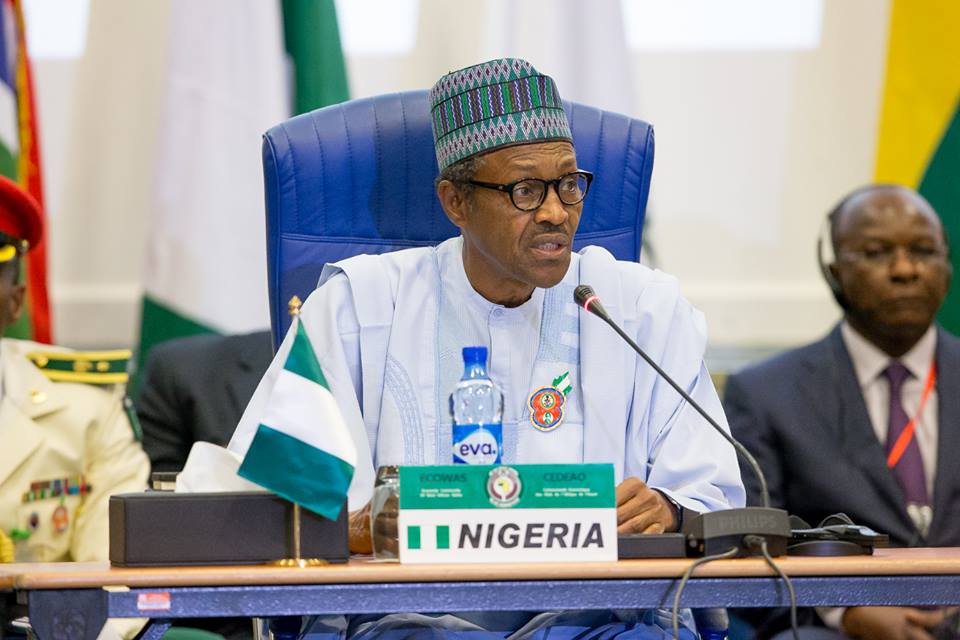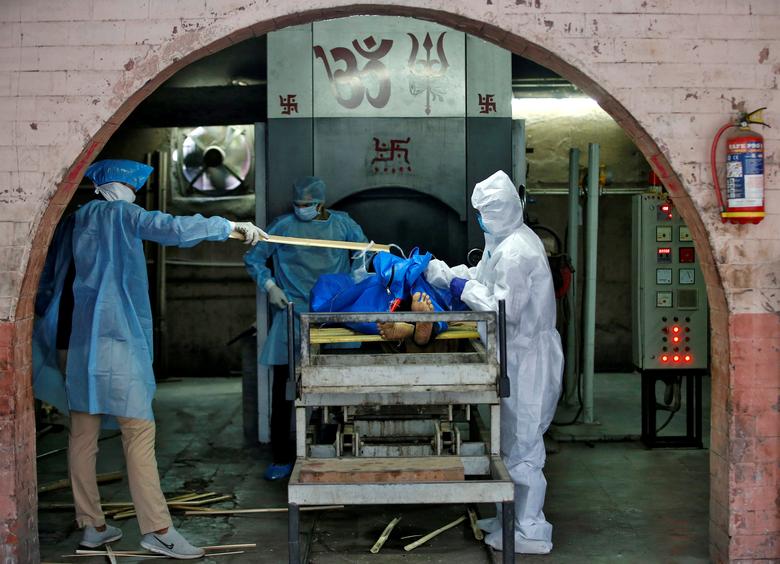Lagos lockdown: Is it positive for our environment?
BY ABUBAKAR D. UMAR
As the second segment of the two weeks lockdown of some states and the FCT expires it is not evident what other measures the FGN and some of those states will adopt to control and stop the spread of the deadly coronavirus.
Total lockdown is an effective measure that can ensure social distancing but it is also not sustainable in most Third world societies like Nigeria. We are referring to societies in which over 70% of the workforce is made up of daily wage earners.
Governments of those societies must deploy measures which will protect lives and guarantee livelihoods ie stop the spread of the virus while making it possible for the general public to secure their means of livelihood.
Advertisement
The first task is to control and reduce the spread of the virus. One of the most effèctive ways is to enforce social and physical distancing.Things like total lockdown, stop any form of congregation and crowding. Sanitary measures like handwashing, use of facemasks, gloves etc.
Since most third World governments lack resources to adequately provide means of livelihood to a large segment of society ie the most vulnerable members they must improvise strategies which will target such vulnerable citizens.
One of the best ways is to embark on massive upgrade of medical facilities to provide easy testing, quarantine and treatment free of charge.
Advertisement
If FGN finds the need to give cash handout to the poor it should do so through a more efficient channel iestates and local governments.
Another avenue is the huge reduction in food prices. The coronavirus pandemic has had huge inflationary impact on food prices. With restriction of movement, all farming activities will be adversely affected. This is time for the FGN to allow for massive import of foods particularly rice. It is a fact that imported rice is much cheaper than locally produced rice.
With all the talk about a ricerevolution less than 30%of the rice consumed in Nigeria is locally produced. A 50kg of rice sold at about N7,000 in 2015, the price is,currently N26,000.
Finally all tiers of government must suspend all other infrastructural projects and deploy all resources to the fight against coronavirus.
Advertisement
Col Abubakar D. Umar (rtd), a former Military Governor of Kaduna State
Views expressed by contributors are strictly personal and not of TheCable.
Add a comment






